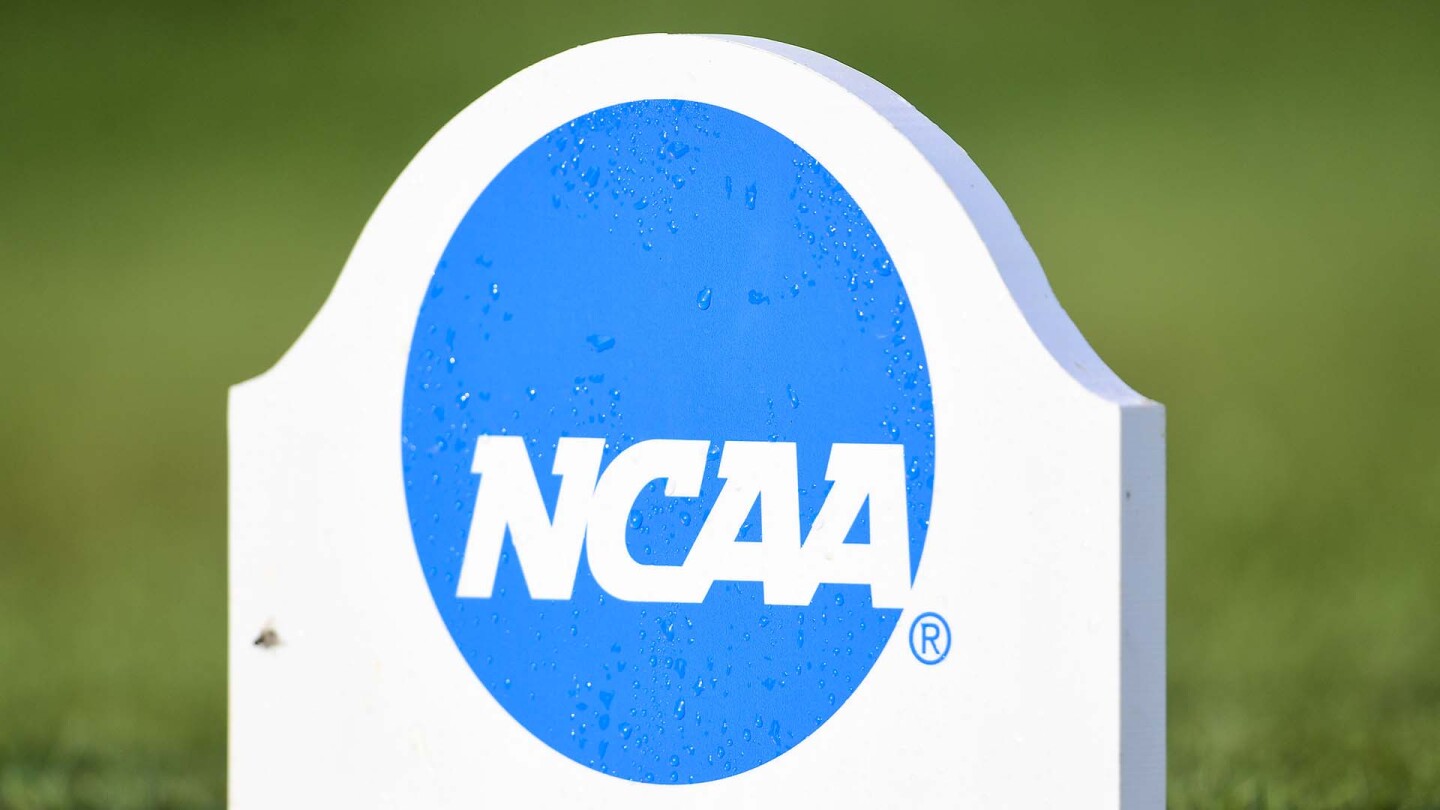The NCAA is reportedly close to adopting temporary legislation regarding student-athlete compensation for name, image and likeness.
According to the Associated Press, the NCAA Board of Governors met with the Division I Board of Directors on Thursday to discuss how the NCAA would address impending laws in several states that would open the floodgates for NIL compensation. Their potential solution, per an anonymous source, could be finalized Wednesday, a day before July 1, the date in which student-athletes who attend school in Alabama, Florida, Georgia, Kentucky, Mississippi, New Mexico and Texas can start receiving compensation for their name, image and likeness.
Twenty-four other states have either already passed legislation that will go into effect at a later date or are in the process of doing so. The NCAA does have the option of postponing those laws by filing lawsuits against those states before July 1, though nothing has been filed.
Instead, the NCAA, according to reports, is expected to temporarily waive most of its rules that ban student-athletes from being paid for things such as endorsement deals and appearances. The laissez-faire move, which comes from recommendations by several top Division I conference commissioners, would require student-athletes in states with active legislation to follow those guidelines while leaving schools in states without NIL laws to determine their own rules.
The only stipulations would be that school employees and boosters don’t pay student-athletes and that any endorsement deal not be a recruiting incentive.
Some expect this temporary move to potentially resemble permanent legislation that would shift the responsibility of NIL rulemaking from the NCAA to the conferences.
Plans to vote on an actual proposal have been delayed multiple times, most recently by the Supreme Court case, NCAA v. Alston, which on Monday resulted in a landmark decision that “struck down NCAA rules limiting the education-related benefits schools may offer student-athletes, such as rules that prohibit schools from offering graduate or vocational school scholarships,” according to Justice Neil Gorsuch in his official opinion.
While educational compensation differs from NIL, Justice Brett Kavanaugh added that the NCAA’s remaining compensation rules raise “serious questions” and may lack justification whether those rules “pass muster under ordinary rule of reason scrutiny” in regard to federal antitrust laws. According to the AP, one of the plaintiffs’ attorneys in Alston also filed an NIL-related lawsuit earlier this month, and a judge on Thursday denied an NCAA motion to dismiss the lawsuit.
“The bottom line is that the NCAA and its member colleges are suppressing the pay of student athletes who collectively generate billions of dollars in revenues for colleges every year,” Kavanaugh wrote. “Those enormous sums of money flow to seemingly everyone except the student athletes. College presidents, athletic directors, coaches, conference commissioners, and NCAA executives take in six- and seven-figure salaries. Colleges build lavish new facilities. But the student athletes who generate the revenues, many of whom are African American and from lower-income backgrounds, end up with little or nothing.”
The NCAA has previously requested a limited antitrust exemption from the Supreme Court while it continues to work through its own rule changes, but such requests for some temporary legal protection have not been approved.
As for how these new NIL rules will affect college golfers, who still must follow the USGA and R&A’s Rules of Amateur Status, there shouldn’t be much conflict, at least from golf’s side, come Jan. 1, 2022, when golf’s new amateur rules go into effect. In February, golf’s governing bodies announced that it would eliminate all sponsorship-related restrictions, including how an amateur may benefit from his or her name, image or likeness, including but not limited to the receipt of expenses.
Essentially, the only actions that would violate golf’s new Rules of Amateur Status would be amateurs accepting more than $750 in prizes in tee-to-hole competitions, receiving payment for face-to-face golf instruction, or accepting employment as a club professional and/or membership on a professional tour.






